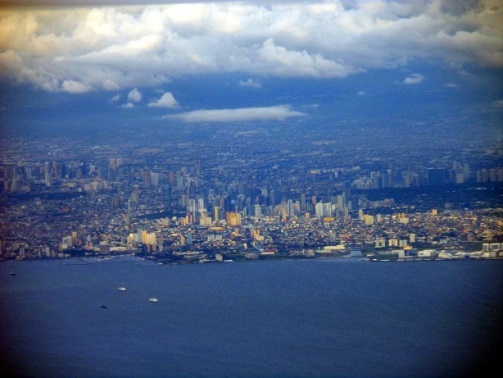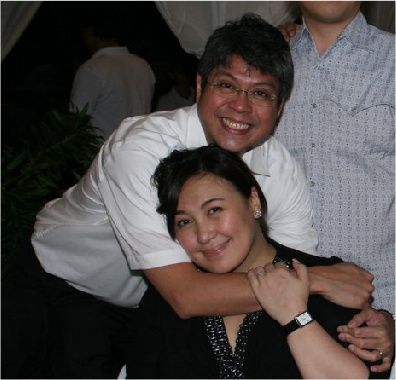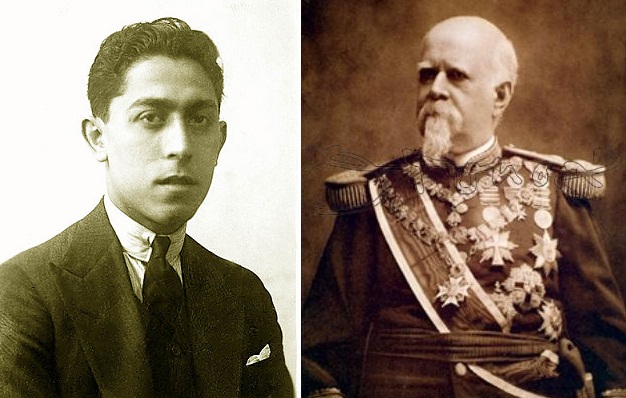Polls aren’t just for Metro Manila: Why Federalism?
by: Jan Emil Langomez
Risa Hontiveros, Bam Aquino, Nancy Binay, Chiz Escudero: What do these political candidates have in common?
It’s simple really, all were born and raised within Metro Manila. These “senatoriables” are currently gunning for seats in the Senate. We constantly watch them in televised debates and interviews. Yet, there is a much deeper issue with regards to where our politicians come from and who they represent.
Our country is an archipelago containing 7,100 islands, each having their own unique culture and heritage. Indeed, we’re a diverse country; but is our political system as diverse? Look at our members of the 15th Congress Senators. Look at the current candidates running for a seat in the Senate. I bet you that most of them at least come from either Luzon or Metro Manila.
That’s the problem with our political system. We are too over-centralized. This greatly impacts the policies of our government. Take for example NEDA’s Philippine Midterm Report on the Millennium Development Goals. One of the challenges mentioned is the presence of ‘a wide disparity of development among the local regions’, especially provinces in Mindanao. That report was made during 2007. It’s 2013, yet the same problem persists.
Diving deeper into the issue, the NEDA report shows one stark reality: the presence of disparity. Of course, we can argue that this disparity is caused by many factors. But if we look at our current society today, we can see that a main factor here is how our provinces or regions are represented. Sure, we can say that the lower house is enough to proportionally represent our country. Sure, we can say that our barangays are already autonomous due to our law on Local Government Units.
But that’s not enough. We tend to forget that getting the views of individuals affected (known as “stakeholders”) is important if we want government policies to work. Hence, we also tend to forget the importance of local knowledge in order to fully understand local issues. In order to encourage the discussion of these issues, a proper form of political representation is necessary.
Indeed, if you want to solve a problem, it takes more than the “know-how.” It also needs the views of stakeholder, collectively represented by proper political figures within our legislative branch. This is important because these representatives of their respective regions have the local experience and knowledge important for the government to overcome different challenges faced by many of our provinces.
Let’s put this into a simple context: do you expect an average Manileño to understand the problems of an average Tausug? In some sense, yes, if he or she has the knowledge (something that’s very unlikely); when it comes to experience though, the Tausug clearly defeats the Manileño. Of course, intelligence and competence remain to be necessary traits; but having the local knowledge is a big plus! Experience is something that politicians can’t ignore.
So here we see how our country is represented. It reminds us of a famous terminology down south: “Imperial Manila”. Indeed, if we were just able to properly represent all of Filipino society, maybe the conflict in Mindanao would have been less problematic in the past. Maybe we wouldn’t have so many people coming to Metro Manila just to look for a job. Maybe many of our provinces would be better off if we give them a form of autonomy.
As expected though, a common critic would disagree. He or she would say that the problem in Mindanao is caused by the issue of land ownership, that many people in the provinces come to Metro Manila due to the lack of job opportunities, and that giving provinces autonomy would just empower the political families already present.
All of these points do make sense. It’s just that we can say as a rebuttal that progress in the Mindanao peace process would have been realized much faster if there were more “Mindanaoans” present in the government; politicians who most likely care a lot more about the issue.
We can say as a rebuttal that an important factor on why there are no job opportunities in the provinces is because we over-centralize development in the NCR, instead of spreading the fruits of development towards the other regions.
We can say as a rebuttal that providing autonomy towards the provinces can help fight corruption by lessening the budget coming from the federal government; greatly encouraging these politicians to collect taxes from only their respective provinces, making these political families more accountable of their actions.
It will take time for us to shift from a centralized form of government to a federal republic. So let’s use our time wisely. It’s currently the election period, and as responsible citizens, we can do so much in order to push for federalism in the Philippine government:
- Vote for those who are willing to initiate Constitutional Reform. Of course, intelligence, track record, and competency still remain to be important traits. If you’re not yet an eligible voter, tell those who are capable to initiate the mentioned action.
- While taking note of the above mentioned traits, let’s also vote for more candidates coming from the Visayas and Mindanao. Metro Manila is not the entire Philippines, and the Philippines is not just Metro Manila.
- Join political forums where you get to speak to your candidates. Mention to them of the need for Constitutional Reform.
- Make a post on Facebook, twitter, and other social websites about this issue. Inform your friends and family on how Federalism can help our government and country.
Federalism is so much more than petty “regionalism”. It is about properly representing all of the Filipinos. It is about a more efficient government. It is about respecting our multicultural identities.
Federalism is about unity in diversity.
Further Reading:
- Federalism (by: Stanford Encyclopedia of Philosophy)
- The Benefits of Federalism and the Risk of Overcentralization (by: Reiner Eichenberger)
- Decentralization and Federalism in the Philippines: Lessons from Global Community (by: Alex Brillantes, jr. & Donna Moscare)






 I believe: This is a CoRRECT™ Video with a very positive message
I believe: This is a CoRRECT™ Video with a very positive message Walang Natira: Gloc-9's MTV Rap about the OFW Phenomenon
Walang Natira: Gloc-9's MTV Rap about the OFW Phenomenon